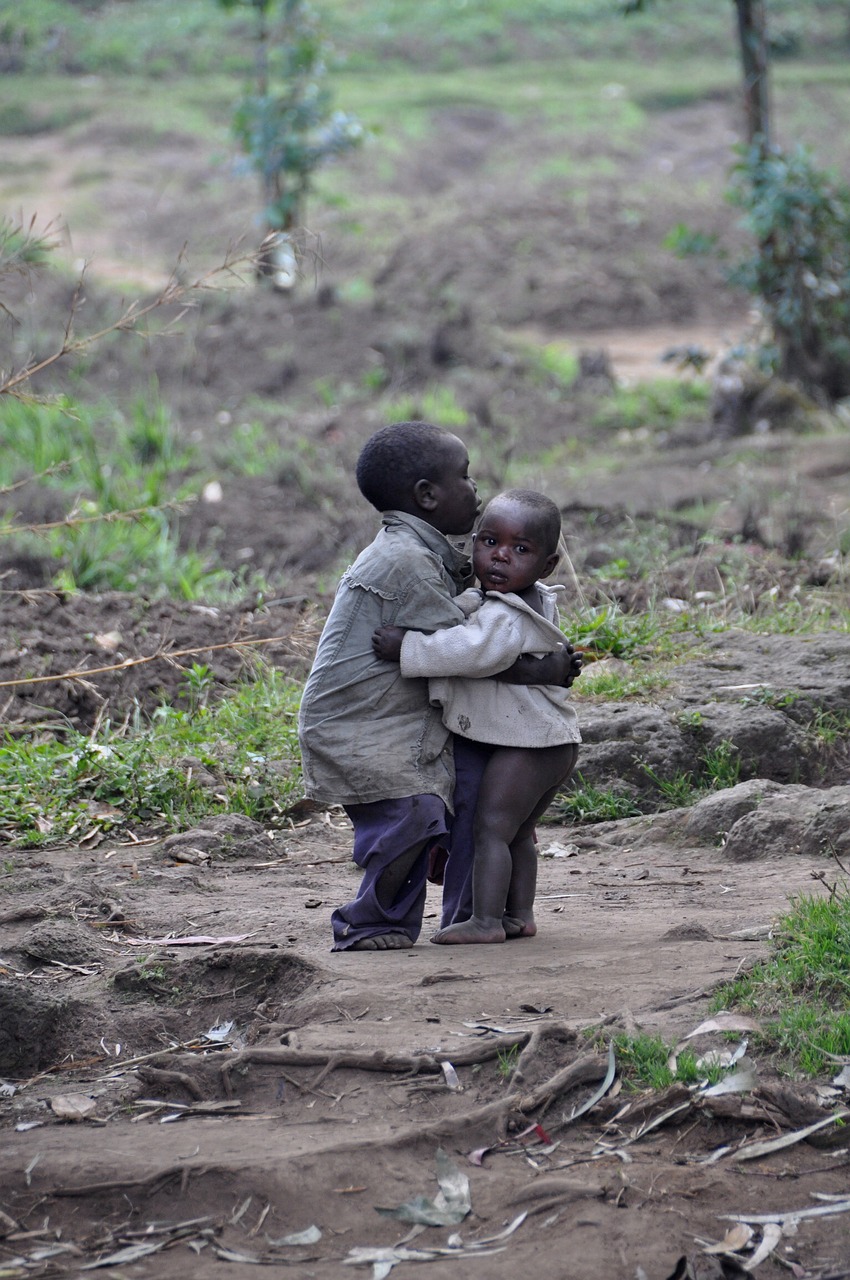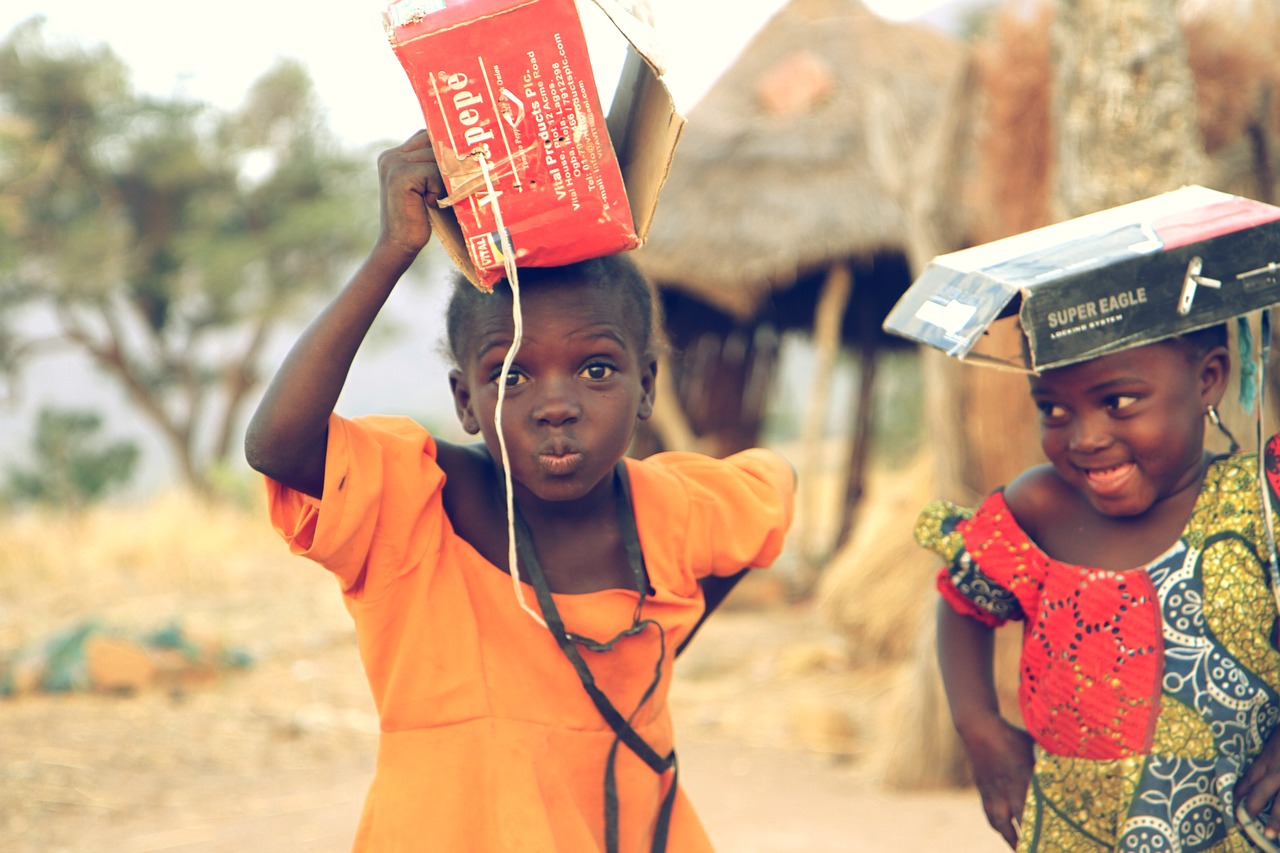
On the day before the official commemoration events, it is very quiet in Rwanda’s capital Kigali. It seems as if the whole country is already preparing to relive the horror of 1994. Some are monosyllabic. Other people are talking. But the pain in the eyes can always be seen when the survivors of the genocide in Rwanda tell – as in Alphonse Habimana. He was five years old when the killers arrived.
A supposedly safe place
What happened in April 1994 has forever burned into his memory: „We fled to the church because we hoped that nothing would happen to us there, even telling us‘ if you go to church, no enemy will get you there My mother brought me and my siblings here so that my father was not there, he had an appointment with other men in the village to fight the militias. “
On the site of the Catholic Church of Ntarama, a small town south of the capital, more than 5000 people were gathered on 15 April 1994.
„A mixture of noise, screaming and crying“
„It must have been around 11:00 am Many Tutsi families came with their animals, chickens, goats, cows, we were so many, some were in the priest’s house, some in the kitchen, some even hid in the water tank Then suddenly we saw two big buses, the killers got out and surrounded the area, they started to kill us, the animals too, it was a mixture of noise, screaming and weeping of people and animals, I did not have it understood what happened, I just saw that it was like the end of the world. „



